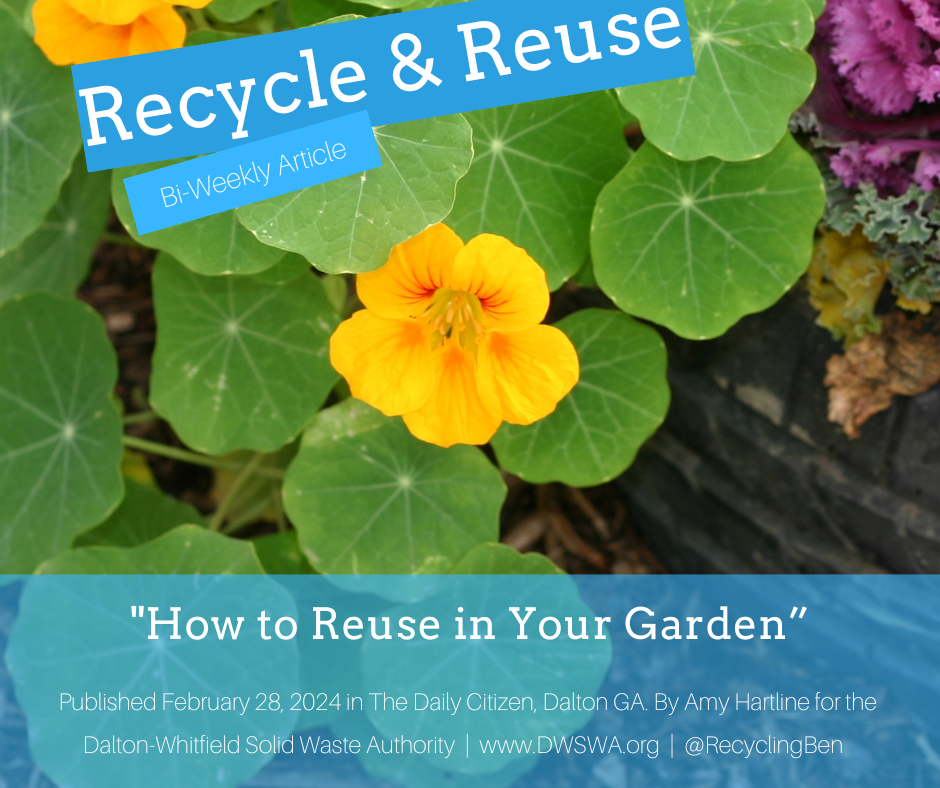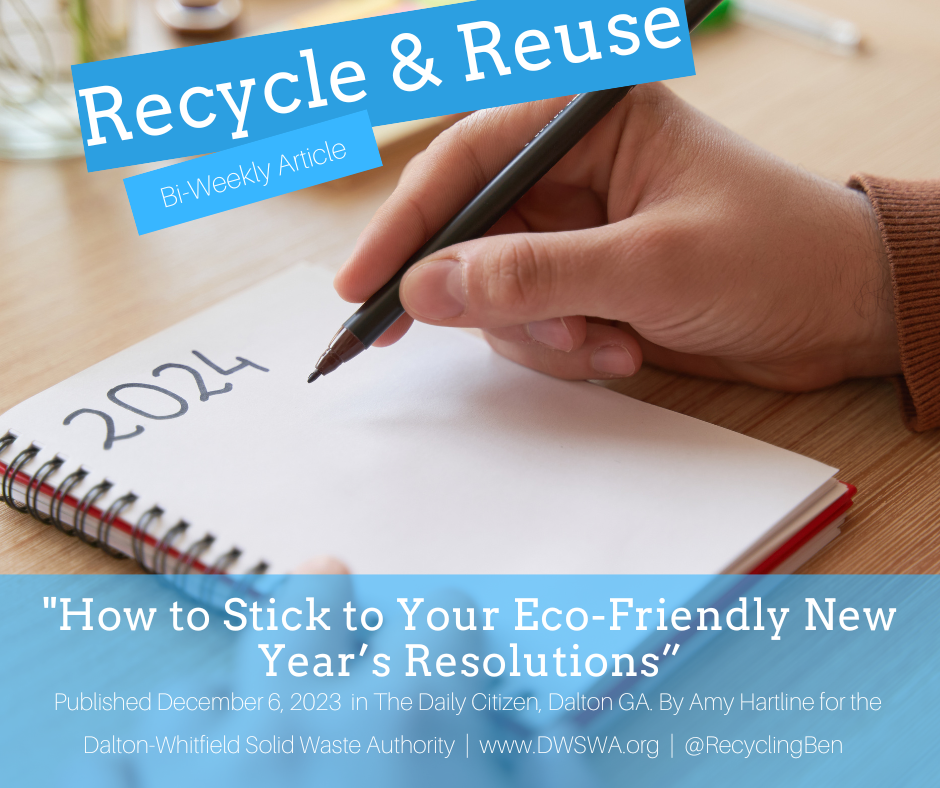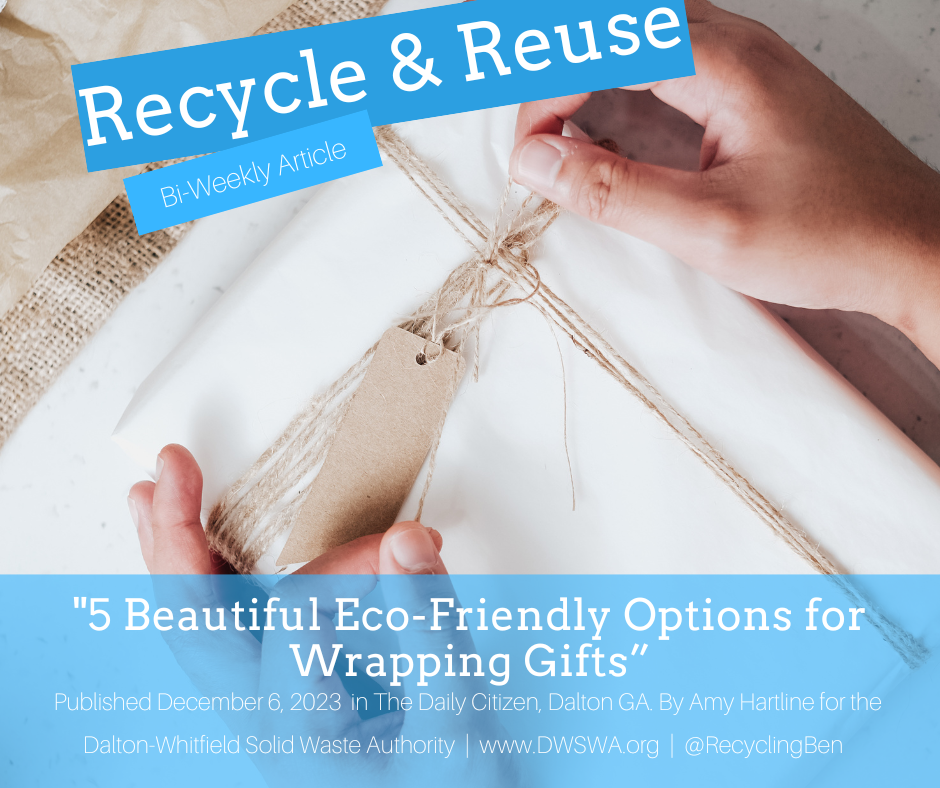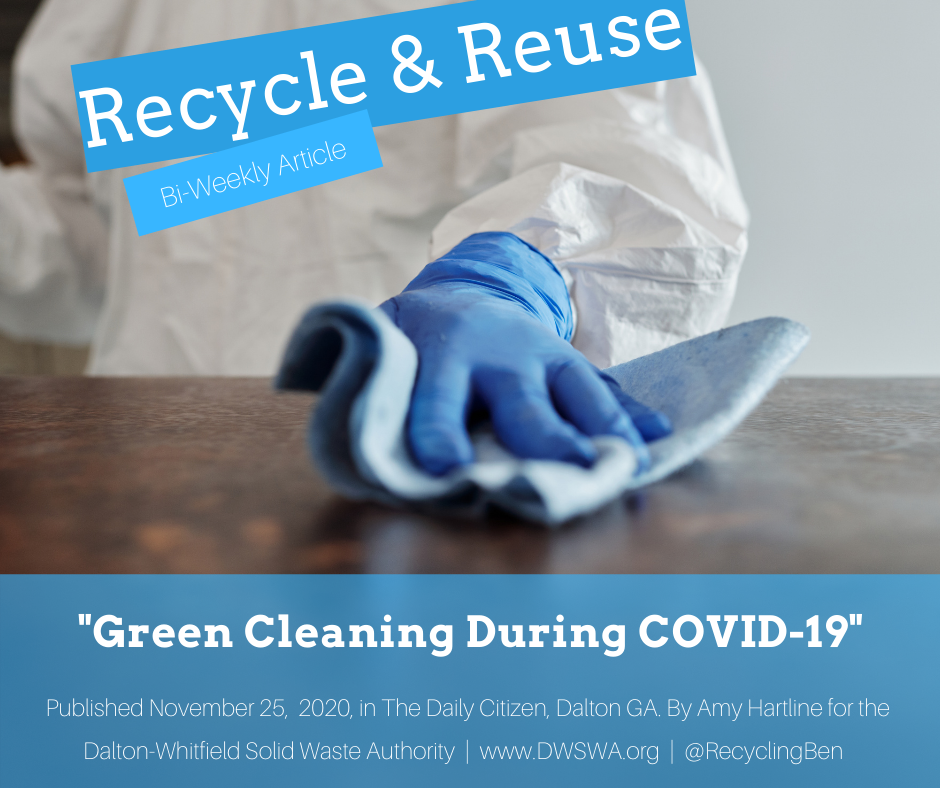Recycle & Reuse: Green cleaning during COVID-19
/Can You Still Clean Green During Covid-19?
We’ve all been talking about cleaning a lot more this year, but have you been thinking about how to keep your cleaning eco-friendly during this time? There are health benefits and environmental benefits to “green” cleaning and when you are using chemicals in your house every day it’s important to consider what you are introducing to your home while still properly disinfecting during a pandemic.
Some people may use the terms “cleaning” and “disinfecting” interchangeably, but there is an important difference and both cleaning and disinfecting should have a place in your routine. To clean you will scrub, wash, or rinse the item to remove dust, debris, and dirt. Cleaning should be done regularly typically after each use, every day, or each week depending on the item. Disinfecting, on the other hand, destroys the inactivates bacteria and viruses typically on hard surfaces. How often you will need to disinfect depends on what item is being discussed and if anyone currently with COVID-19 is present at home.
The Environmental Protection Agency has a significant number of resources available on the safety of cleaning products in the home. They have found multiple aerosols and polish cleaning products that contain volatile organic compounds, citrus fragrances and ammonia which has been connected to irritation of the nose, eyes, throat and lungs and triggering asthma attacks. Another study published in the American Journal of Respiratory and Critical Care Medicine in 2007 found that households that used these sprays in their homes once a week had an increase in adult onset asthma. The EPA also has information about endocrine-disrupting chemicals like phthalates and BPA (bisphenol A) that are found in many cleaning products. Endocrine-disruptors are known to disrupt hormone production and regulation.
On top of the health benefits of choosing less toxic and greener cleaning products, there are also environmental benefits. Cleaning chemicals that make their way down your drain can lead to pollution of streams, rivers and lakes and contribute to algae blooms. Using multiple of these products can also lead to an increase in waste production and carbon emissions. Cleaning products that contain VOCs (Volatile Organic Compounds) also produce more smog and can impact indoor air quality as well.
You can DIY most green cleaning by combining different ratios of white vinegar, water and baking soda. You can also add essential oils to choose your own scents. Vinegar kills pathogens and certain bacterias such as E. coli. If you’d rather purchase your products, consider using a service such as Dropps or Blueland. You can reuse your cleaning bottles and use their shipped tablets to create your products when needed. This cuts down on the weight in shipping the products and when using glass bottles can decrease the amount of plastic in your home.
When you disinfect, make sure your product is EPA-approved by looking on the label for an EPA registration number on the back panel. You can visit the EPA’s List N on their website to make sure it is effective against COVID-19. There are some products focused on being green or botanical that are effective against COVID-19. These include the Benefect products and Force of Nature pods, which can be ordered online.
To disinfect properly you will need to clean the item first using either your DIY recipe or your purchased cleaner, then use the disinfectant making sure to check for the wait time, after that period is up, you will wipe the disinfectant off and are free to move on.
Between January and March of this year, the U.S. Centers for Disease Control and Prevention reported nearly 50,000 calls to the poison center due to chemical exposures from cleaners and disinfectants. With cleaning product sales the highest they have ever been, it’s important to know what you should be using and how. The next time you step into the cleaning aisle, consider the products you are buying and decide if it is truly the best for your home and our environment.
Amy Hartline is the recycling and education program coordinator for the Dalton-Whitfield Solid Waste Authority. Have a recycling question? Contact her at (706) 278-5001 or at ahartline@dwswa.org.
































